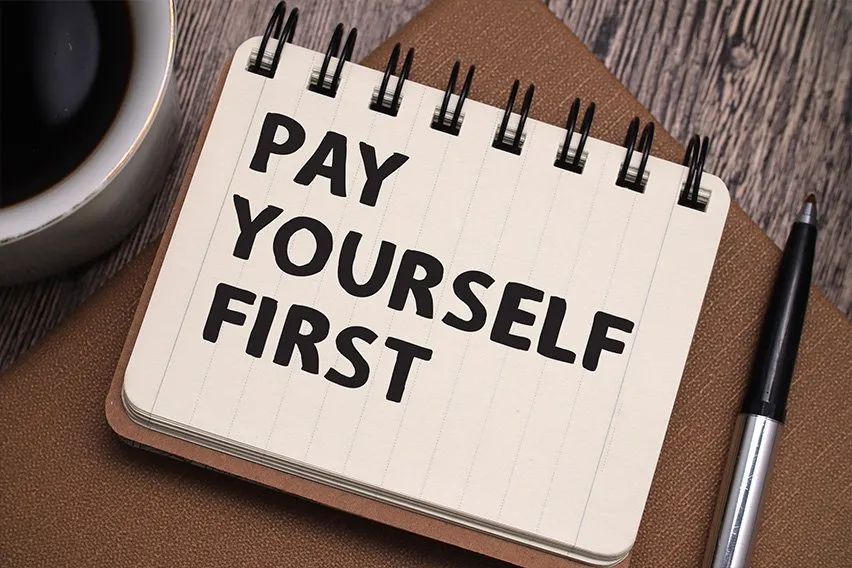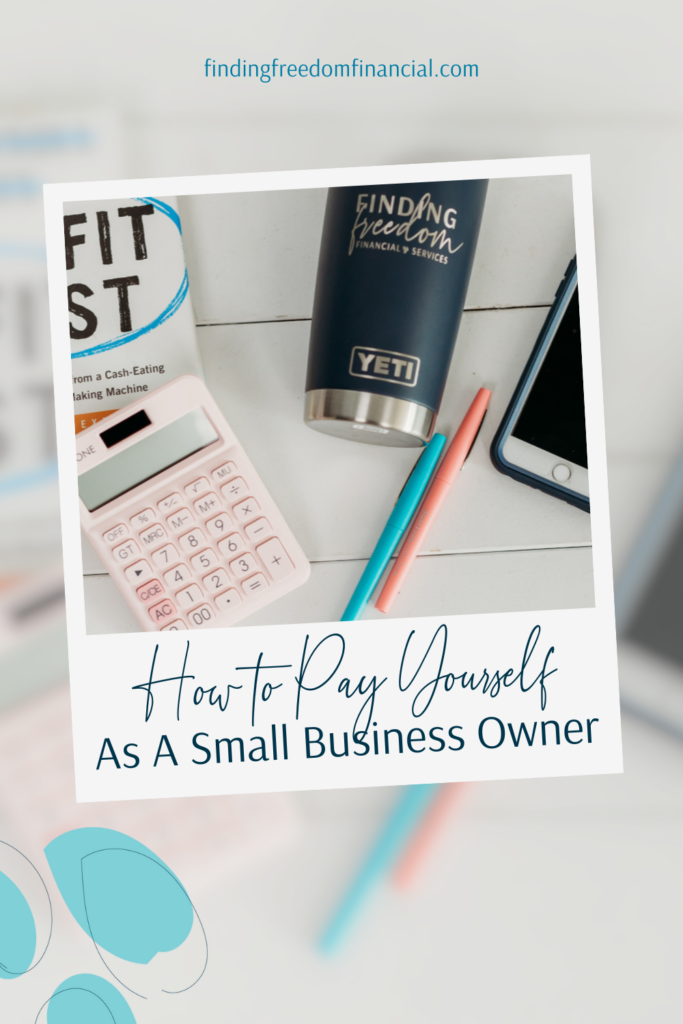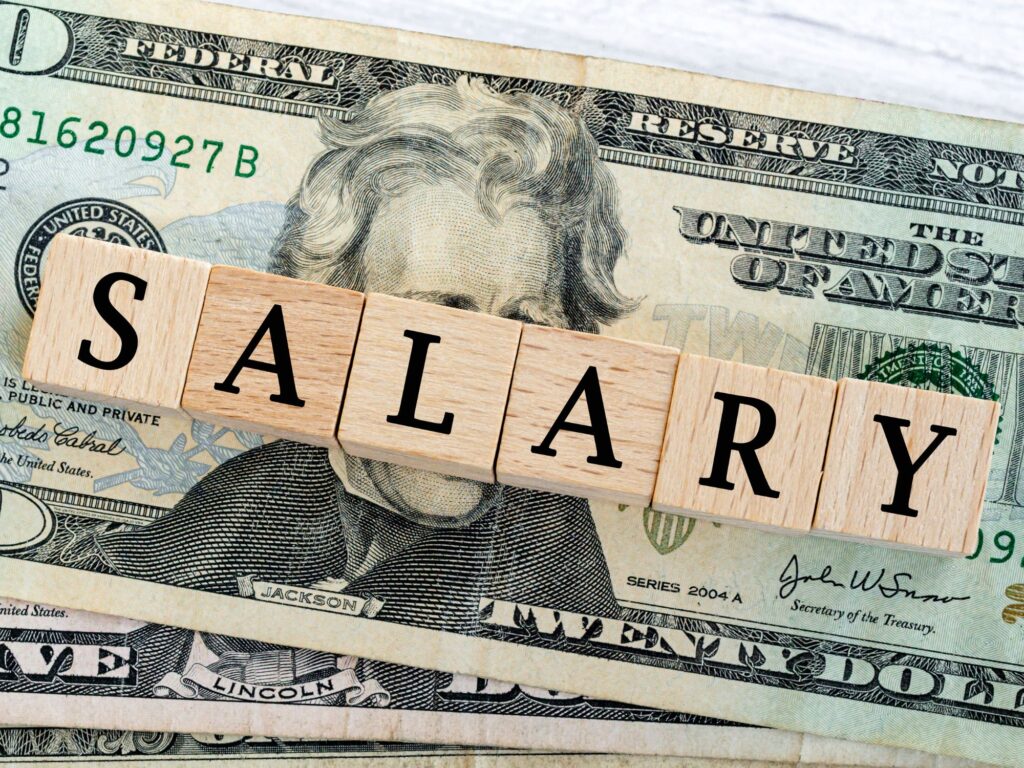How Do You Pay Yourself From Your Business

Navigating the financial landscape of a small business often presents a significant question for owners: how do I pay myself? Understanding the nuances of owner compensation is crucial for both personal financial stability and the long-term health of the business.
This article explores the common methods entrepreneurs use to draw income from their companies, taking into account various business structures and tax implications.
Understanding Business Structures and Payment Methods
The method you use to pay yourself is heavily dependent on your business structure. Common structures include sole proprietorships, partnerships, Limited Liability Companies (LLCs), and corporations (S corporations and C corporations).
Each structure has unique implications for how you can legally and most effectively extract funds.
Sole Proprietorships and Partnerships: Owner's Draw
Sole proprietorships and partnerships typically utilize an owner's draw. This involves taking money out of the business bank account for personal use.
The draw isn't considered a salary, but rather a distribution of profits.
It's important to note that owners are personally liable for the business's debts in these structures. The IRS taxes the profits earned by the business at the owner's individual income tax rate.
LLCs: Flexibility in Compensation
LLCs offer more flexibility. Owners (members) can choose to be taxed as a sole proprietorship, partnership, or corporation.
If taxed as a sole proprietorship or partnership, the owner's draw method is used.
However, LLC members can also elect to be taxed as an S corporation. This option allows them to be paid a reasonable salary as an employee.
S Corporations: Salary and Distributions
S corporations require owners who actively participate in the business to be paid a reasonable salary. This salary is subject to payroll taxes, including Social Security and Medicare.
Beyond the salary, owners can also receive distributions of profits. These distributions are not subject to self-employment taxes, which can be a significant tax advantage.
The challenge is determining what constitutes a "reasonable" salary, which should reflect the owner's role, skills, and the services provided to the company.
C Corporations: Salary and Dividends
In a C corporation, owners are typically employees and receive a salary. This salary is subject to payroll taxes.
Owners can also receive dividends from the corporation's profits. However, dividends are subject to double taxation: once at the corporate level and again at the individual level.
C corporations also offer the option of employee benefits like health insurance that can be deducted as a business expense.
Key Considerations for Determining Your Pay
Several factors should influence how you determine your pay. These include your personal financial needs, the profitability of the business, and tax implications.
It's essential to understand your cash flow and ensure the business can sustain the chosen compensation method.
Consulting with a tax advisor or accountant is crucial to optimize your compensation strategy. They can help you choose the method that minimizes your tax liability and complies with all applicable regulations.
Impact on Business and Personal Finances
Your chosen payment method directly impacts both your business and personal finances. A well-structured compensation strategy can improve employee morale and owner satisfaction.
Poor planning, on the other hand, can lead to cash flow problems, tax penalties, and potential legal issues.
Regularly reviewing your compensation strategy in light of changing business conditions and tax laws is essential for long-term financial success.
Staying Compliant with Regulations
It's imperative to maintain accurate records of all transactions related to owner compensation. This includes salary payments, distributions, and any associated tax withholdings.
The IRS closely scrutinizes owner compensation, so proper documentation is critical.
Failure to comply with regulations can result in penalties and interest charges.
Conclusion
Choosing how to pay yourself from your business is a significant decision. Understanding the implications of different business structures and compensation methods is crucial.
Seeking professional advice from a tax advisor or accountant can provide clarity and ensure compliance with all applicable regulations. By carefully considering your personal and business needs, you can create a compensation strategy that supports both your financial well-being and the long-term success of your company.
Ultimately, a well-planned compensation strategy contributes to both personal financial security and the sustainable growth of the business.
"Understanding your options is the first step towards building a strong financial foundation for both yourself and your company,"emphasizes financial advisor, Jane Doe.


















